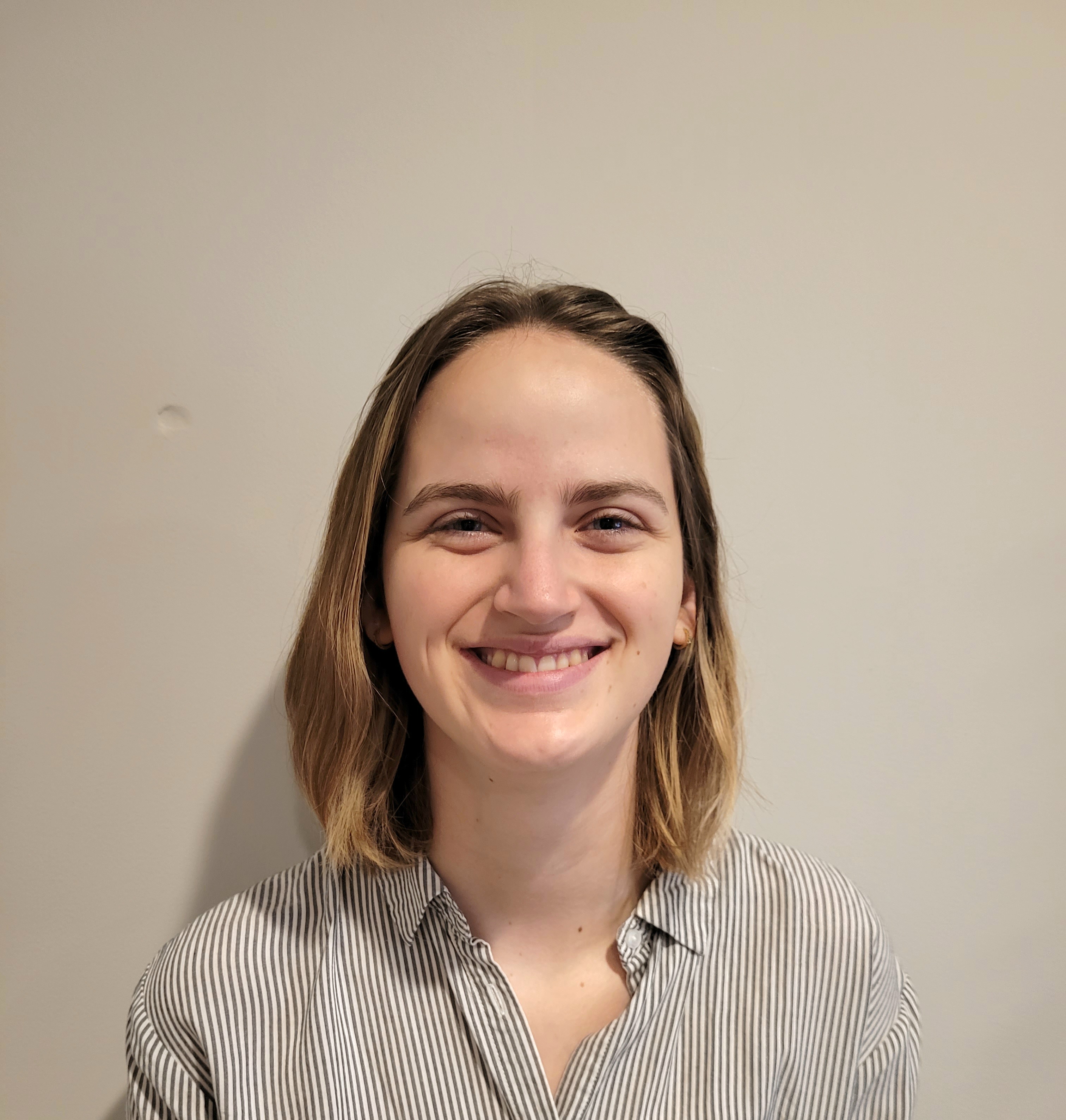Symposia
Dissemination & Implementation Science
1 - (SYM 76) Caregiver Perceptions of the Acceptability and Utility of a Pediatric Anxiety Specific Family Peer Program by Insurance Status
- JJ
Jesslyn Jamison, Ph.D. (she/her/hers)
Postdoctoral Fellow
Penn Center for Mental Health
Philadelphia, Pennsylvania, United States - MW
Michal Weiss, B.S.
Clinical Research Coordinator
Perelman School of Medicine at the University of Pennsylvania
Philadelphia, Pennsylvania, United States 
Sophia Young, None
Research Assistant
University of Pennsylvania School of Medicine
Philadelphia, Pennsylvania, United States- MB
Megan Brady, B.S.
Project Manager
University of Pennsylvania School of Medicine
Philadelphia, Pennsylvania, United States - DA
Danielle R. Adams, PhD
Postdoctoral Fellow
University of Washington, St. Louis
St. Louis, Missouri, United States - CK
Crystal Karenchak, Family Policy and Engagement Consultant and Family Lead Contact
Family Policy and Engagement Consultant and Family Lead Contact
Pennsylvania care Partnership
Harrisburg, Pennsylvania, United States - WC
Wanda Cummings, FPSS Training Coordinator
FPSS Training Coordinator
UPMC Western Psychiatric Hospital Youth and Family Training Institute
Pittsburg, Pennsylvania, United States 
Emily Becker-Haimes, Ph.D. (she/her/hers)
Assistant Professor
University of Pennsylvania
Philadelphia, Pennsylvania, United States
Speaker(s)
Co-author(s)
Background: Most youth with anxiety and related disorders referred for treatment fail to successfully engage with evidence-based treatment. Family Peers (FPs), caregivers with lived experience parenting a child with mental health needs and specific training to support other caregivers in navigating the mental health system, are one proposed way to bridge this gap. We examined whether insurance status impacted perceptions of FP support to determine whether publicly insured families might be particularly interested in FP support given that they encounter additional barriers to care.
Method: We recruited caregivers of anxious youth who initially reached out for anxiety services for their children and did not end up attending their initial therapy appointment (N = 12, 75% mothers, 42% public insurance, child Mage = 8.33). We conducted qualitative interviews to understand barriers and facilitators to accessing care and gathered perceptions of and interest in receiving FP support. We then examined whether themes varied by insurance status (private insurance versus public insurance).
Results: Publicly insured families reported encountering significant structural barriers to care. Across groups, no caregivers reported previous experience with FP support. All had overall initial positive perceptions about the potential utility FP support. Publicly insured families indicated unanimous interest in receiving FP support if it were available, whereas privately insured families expressed more mixed interest in receiving this service for themselves. Common themes across groups included the importance of and desire to learn from the FP’s lived experience. Compared to those with private insurance, publicly insured families expressed more interest in long term relationship building, having the FP build a connection with their child, and importance of the FP’s knowledge of mental health system navigation.
Conclusions: Results suggest that FP support is likely to be positively received by caregivers of children regardless of insurance status. How this service is utilized and what might be most impactful for a given family may differ based on individual factors including insurance status. Future studies should seek to understand these individual factors to optimize provision of FP support.

.png)
